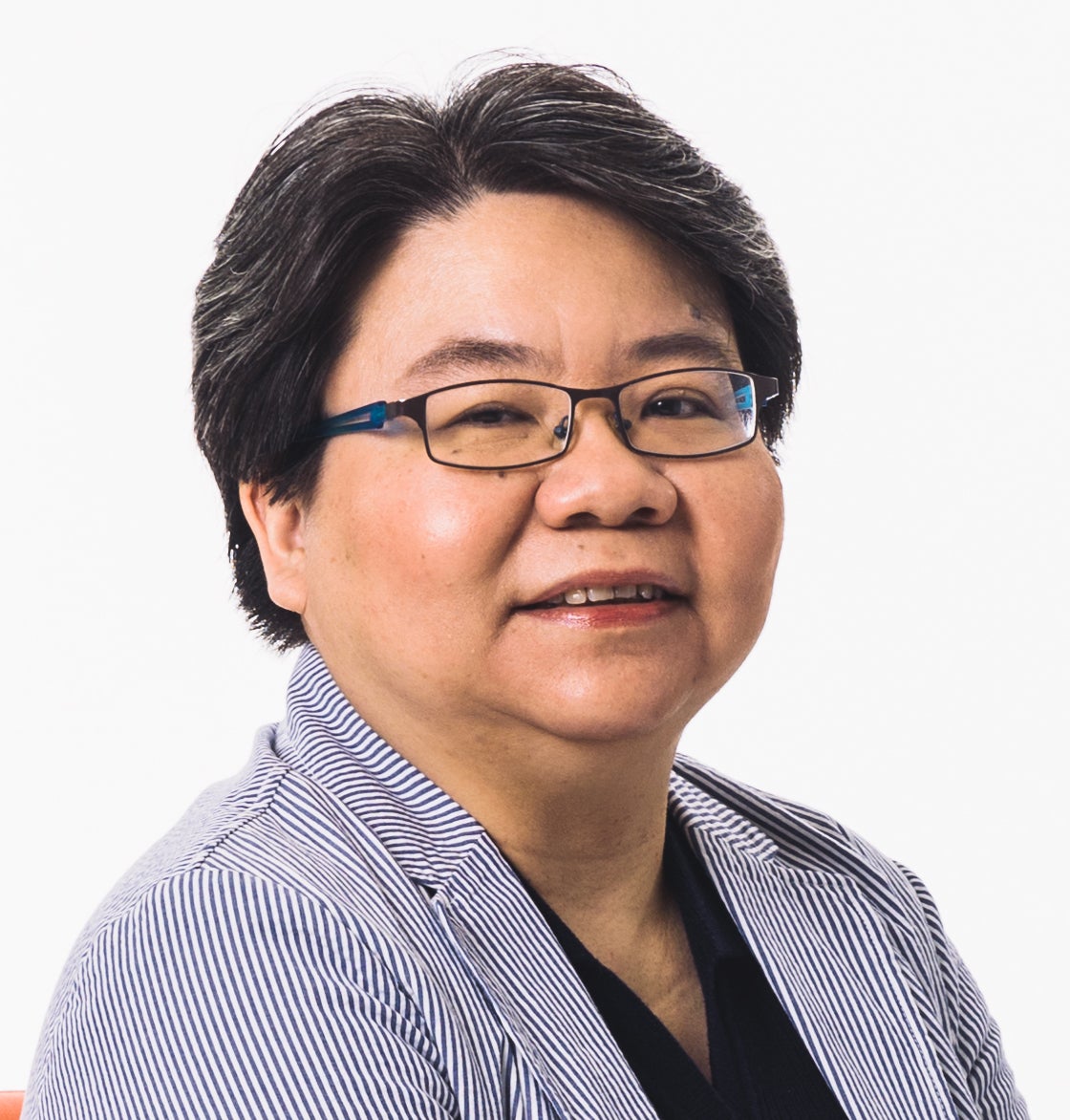

Assoc Professor Yee Joo Tan
Faculty & Department
Joint Appointments
Associate Professor, Integrative Sciences and Engineering
Education
Doctor of Philosophy, University of Cambridge, United Kingdom
Bachelor of Arts Hons Class 1, University of Cambridge, United Kingdom
Bio
Yee-Joo TAN obtained her PhD from the University of Cambridge in 1997 after conducting research at the MRC Centre for Protein Engineering. Currently, she is an Associate Professor at the Infectious Diseases Translational Research Programme and Department of Microbiology and Immunology, NUS. She is a molecular virologist working on hepatitis viruses and newly emerged viruses, including coronaviruses and H5Nx viruses. Her lab uses different methodologies to study viral-host interactions in order to identify novel host factors that are interacting with viral proteins. Detailed investigation is performed to understand the relevance of such interactions for different viruses of the same family and to determine if host-targeting agents can be developed to block viral infection. Her laboratory also generates and characterizes antibodies binding to different viral proteins so as to understand the immunogenicity of viral proteins and develop tools for therapeutic and diagnostic applications.
Contact Information
- Memberships of Scientific Societies and Commissions of Trust:
- 2020-current: Editor-in-Chief for the section on “Hepatitis Virus Vaccines”, Vaccines, MDPI
- 2019-current: Editorial Board member for the section on for “’Therapeutic Vaccines and Antibody Therapeutics’, Vaccines, MDPI.
- 2017-May 2024: Associate Editor, Bioscience Reports, Portland Press Ltd, UK Biochemical Society
- 2019-2021: Guest Associate Editor, Frontiers in Cellular and Infection Microbiology
- Grant reviewing (local): NUS EP3 panel (MOE T2 whitepaper stage, 2019-current); OF-YIRG (NMRC, 2021-2022)
- Grant reviewing (ad hoc): European Research Infrastructure on Highly pathogenic Agents (ERINHA), COVID-19 / SARS-CoV-2 research special call 2020; Swedish Research Council’s call for Project grants for research on coronavirus and COVID-19, 2020; (NCID) Catalyst Grant Call 2020-2023
- Scientific Awards:
1. (2010) Awarded a fellowship by the NUS-JSPS Scientist Exchange Programme (Research ID no.
AP211095009) to be visiting researcher at the Kobe University Graduate School of Medicine, Japan.
2. (2019) Awarded a fellowship by the Chinese Academy of Sciences (CAS) President’s International
Fellowship Initiative to be visiting scientist in the Guangzhou Institute of Biomedicine & Health.
(i) characterization of the interactions between viruses and their hosts
(ii) development of antibodies for diagnostic and therapeutic applications
(iii) molecular characterization of newly emerged viruses and hepatitis viruses
(iv) identifying viral proteins as targets for development of antiviral therapy
My Mentoring Style
How would you describe your mentoring style in terms of freedom given to your students?

Selecting Research Topics?
How do you guide your PhD students in selecting research topics?

Setbacks / Challenges
How do you handle setbacks or challenges faced by your PhD students?

Feedback
How do you give feedback on your students’ thesis drafts and progress?

Consultation Frequency
How often do you typically meet your PhD students one-on-one for consultation?

Research Group Meetings
How often do you typically hold lab meetings where your PhD students present their research work to the class?


